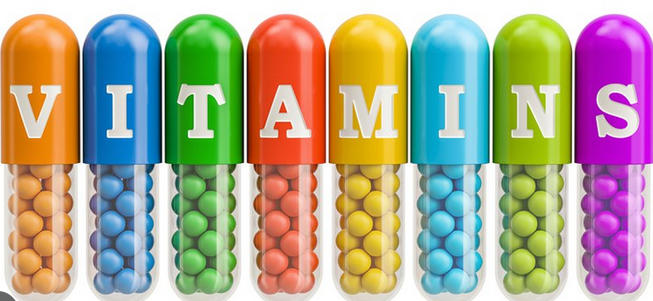Taking vitamin b12 , also known as cobalamin, is an essential nutrient that plays a vital role in maintaining good health. It is involved in the formation of red blood cells, the maintenance of a healthy nervous system, and the metabolism of DNA and RNA. B12 is also involved in the synthesis of neurotransmitters, which are chemicals that help transmit signals in the brain and throughout the body.
Benefits of Taking Vitamin B12 Supplements
One of the main benefits of taking vitamin B12 supplements is to prevent a deficiency. A deficiency of vitamin B12 can lead to a variety of health problems, including anemia, nerve damage, memory loss, and depression. B12 supplements can also help increase energy levels and improve mood, as well as boost the immune system and support heart health.

Additionally, B12 supplements may have some benefits for specific populations, such as vegans and vegetarians, who do not consume animal products and may be at risk of a B12 deficiency. Elderly individuals may also benefit from taking B12 supplements, as the body’s ability to absorb this nutrient decreases with age.
Dosage and Forms of Vitamin B12 Supplements
Vitamin B12 supplements are available in various forms, including tablets, capsules, and sublingual (dissolved under the tongue) forms. The recommended daily allowance (RDA) for adults is 2.4 micrograms per day. However, higher doses may be recommended for individuals who are deficient or at risk of deficiency.
It is important to consult with a healthcare provider before starting any vitamin or mineral supplement, as excessive amounts of some vitamins and minerals can be harmful. A healthcare provider can also assess an individual’s dietary needs and provide recommendations on the appropriate amounts of vitamins and minerals needed.
Safety Considerations
While vitamin B12 supplements are generally considered safe for most people, excessive consumption can lead to some potential side effects. High doses of B12 can cause skin rashes, acne, and diarrhea. In rare cases, excessive consumption of B12 can lead to nerve damage, liver damage, and gout.
Individuals who have certain medical conditions, such as pernicious anemia or an allergy to cobalt, should not take B12 supplements without first consulting with a healthcare provider. Additionally, individuals who take certain medications, such as metformin or proton pump inhibitors, may be at risk of a B12 deficiency and should speak with a healthcare provider about the best approach to prevent a deficiency.
Vitamin B12 is an essential nutrient that plays a vital role in maintaining good health. Taking vitamin B12 supplements can help prevent a deficiency and provide a variety of health benefits, such as increased energy levels, improved mood, and enhanced immune system function. However, it is important to consult with a healthcare provider before starting any vitamin or mineral supplement, and to follow the recommended dosage and safety guidelines.
In conclusion, taking vitamin B12 supplements can offer numerous benefits to individuals who are deficient or at risk of deficiency. However, it is important to ensure that the supplementation is done under the guidance of a healthcare professional to ensure that the proper dosage is taken, and to minimize any potential adverse effects. Additionally, individuals should aim to consume a balanced diet that includes food sources of vitamin B12, such as meat, fish, poultry, eggs, and dairy products, to support optimal health and well-being.
It is also worth noting that while taking B12 supplements can help prevent a deficiency, it is not a cure-all solution. A well-rounded approach to health and wellness, which includes a healthy diet, regular exercise, and stress management, is key to maintaining overall health and well-being.
In summary, taking vitamin B12 supplements can provide many health benefits, but it is important to do so with caution and under the guidance of a healthcare provider. A balanced diet, along with other healthy lifestyle habits, can help support optimal health and prevent deficiencies in this and other essential nutrients.


